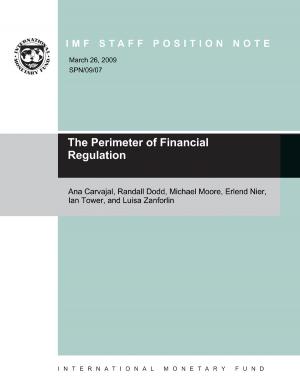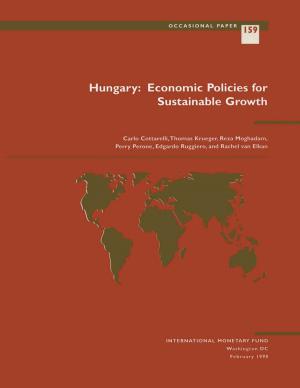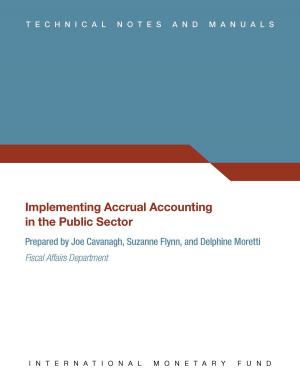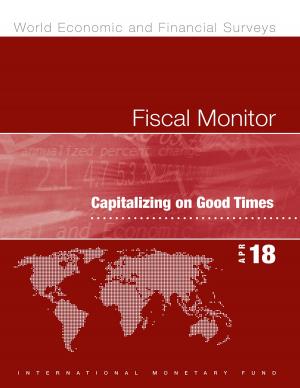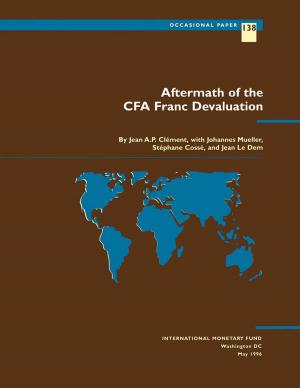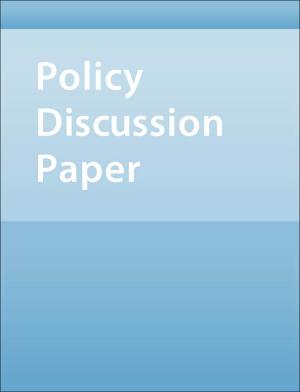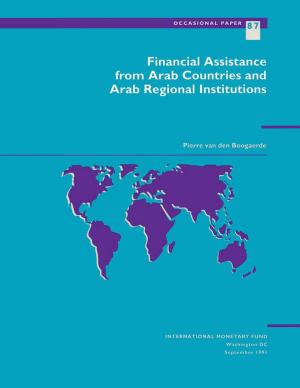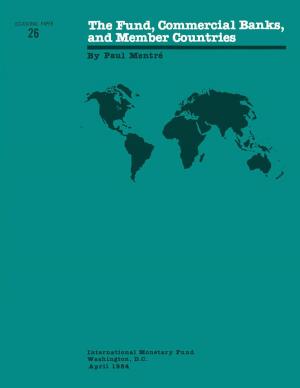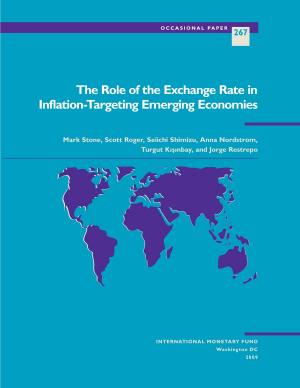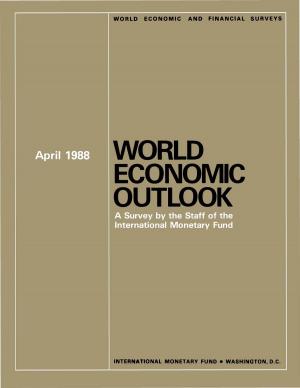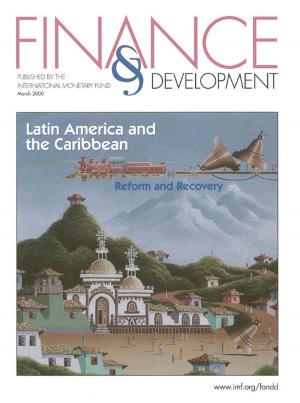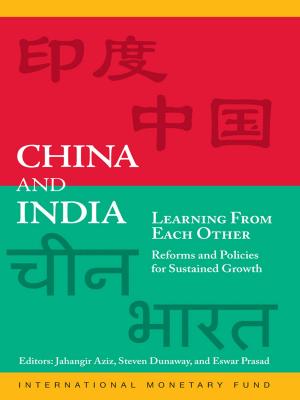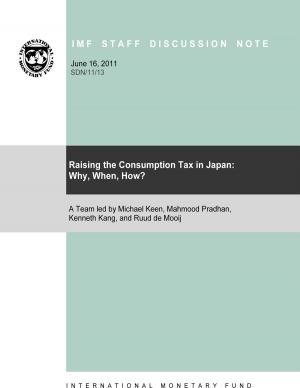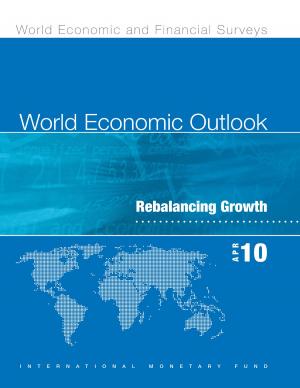Managing Financial Crises: Recent Experience and Lessons for Latin America
Business & Finance, Economics, Public Finance, Finance & Investing, Banks & Banking, Macroeconomics| Author: | G. Mr. Kincaid, Charles Mr. Collyns | ISBN: | 9781452780603 |
| Publisher: | INTERNATIONAL MONETARY FUND | Publication: | April 10, 2003 |
| Imprint: | INTERNATIONAL MONETARY FUND | Language: | English |
| Author: | G. Mr. Kincaid, Charles Mr. Collyns |
| ISBN: | 9781452780603 |
| Publisher: | INTERNATIONAL MONETARY FUND |
| Publication: | April 10, 2003 |
| Imprint: | INTERNATIONAL MONETARY FUND |
| Language: | English |
This paper seeks to draw lessons from the IMF’s experience in handling financial crises around the globe over the past ten years that are relevant to the challenges faced by countries in Latin America, especially in the wake of the recent crisis in Argentina. Experience suggests that there is no quick or easy fix in the face of a wide-ranging crisis involving both acute external financing pressures and rapidly changing asset prices that undermine financial stability and household and corporate balance sheets. In the end, effective solutions depend on developing a comprehensive strategy combining the full range of fiscal, monetary, financial system, and debt policy instruments. Recent experience with crises has had important implications for the IMF’s work in assessing crisis vulnerabilities. IMF surveillance work has been strengthened and a more objective framework has been developed for assessing debt sustainability, and this approach continues to be refined.
This paper seeks to draw lessons from the IMF’s experience in handling financial crises around the globe over the past ten years that are relevant to the challenges faced by countries in Latin America, especially in the wake of the recent crisis in Argentina. Experience suggests that there is no quick or easy fix in the face of a wide-ranging crisis involving both acute external financing pressures and rapidly changing asset prices that undermine financial stability and household and corporate balance sheets. In the end, effective solutions depend on developing a comprehensive strategy combining the full range of fiscal, monetary, financial system, and debt policy instruments. Recent experience with crises has had important implications for the IMF’s work in assessing crisis vulnerabilities. IMF surveillance work has been strengthened and a more objective framework has been developed for assessing debt sustainability, and this approach continues to be refined.

